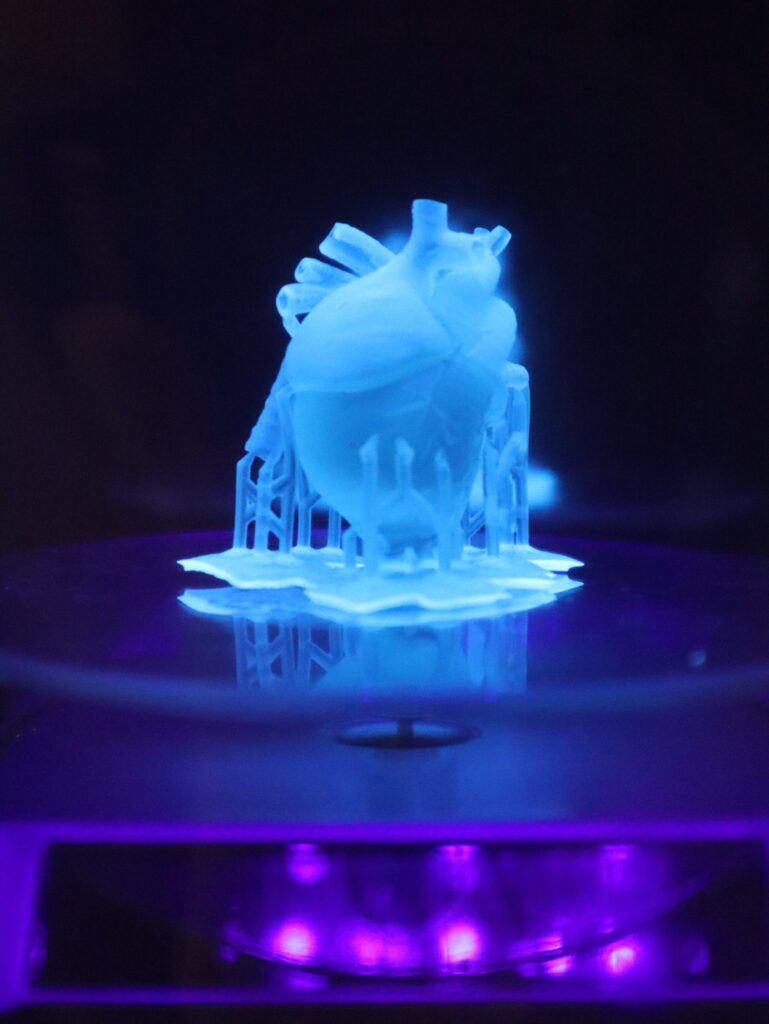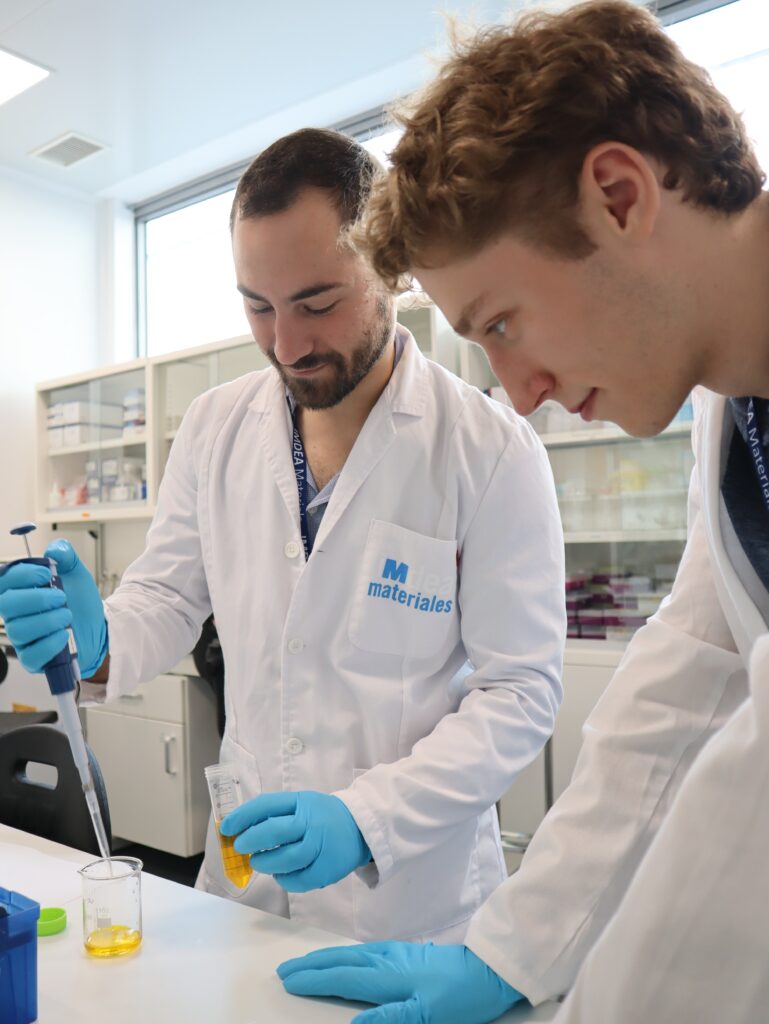- In CARDIOBOOST-CM, researchers are studying how to bioengineer cardiomyocyte cells found in the human heart from adult jaw stem cells.
- This tissue could prove a life-saving transplant for heart attack sufferers in addressing the loss of myocardial tissue and preventing progressive heart failure.
IMDEA Materials Institute is participating in a research project to develop a new method of bioengineering myocardial tissue for heart attack patients.
CARDIOBOOST-CM aims to create a new cell therapy approach in which muscle stem cells taken from the jaw are transdifferentiated in vitro into cardiomyocytes, the most common type of cells found in the human heart.
This would mark a significant step forward in the possibilities available for cardiac regeneration, and to treat and/or avoid heart failure in the event of an acute myocardial infarction (heart attack).
The project, coordinated by the National Centre for Cardiovascular Research (CNIC) also involves the Complutense University of Madrid (UCM), the Centre for Molecular Biology (CBM) and the Alberto Sols Institute of Biomedical Research (CSIC-UAM), both of which form part of the Spanish National Research Council (CSIC) and the Autonomous University of Madrid (UAM).
While potential therapies aiming to regenerate heart tissue have been heavily studied over the past two decades, outcomes have proven largely unsatisfactory.
Attempts to obtain therapeutic cells from resident cardiac stem cells have so far been unsuccessful, while the use of cardiomyocytes derived from another type of stem cells, pluripotent stem cells, has also proved problematic.
One area that has shown some promise in recent years is in the transdifferentiation (the process through which one cell type converts into another) of satellite stems cells found in the adult human jaw.
“This transdifferentiation is possible owing to the fact that the jaw muscle has the same embryonic origin as the right ventricle of the heart,” explained IMDEA Materials researcher Dr. Viktoriia Sevostianova. “Specifically, jaw muscle satellite cells and cardiomyocytes arise from the anterior pharyngeal mesoderm during embryonic development.”
“This means that they share important biological properties which make them the only cells which can be used for this purpose.”
“However, while there are some ongoing research studies around the world, it remains uncertain whether cardiomyocytes differentiated from jaw satellite cells can attain sufficient functional maturity and exhibit regenerative potential.”


Heart muscles demonstrate a far lower regenerative response in the event of damage compared to skeletal muscle cells.
CARDIOBOOST-CM will first seek to test different strategies to generate bioengineered heart tissues. Researchers will then look to test their regenerative capacity and determine their effect on cardiac regeneration.
IMDEA Materials Institute’s role within the project is centred on creating the biomaterial-based platforms which can support the transdifferentiation of the original jaw muscle cells into heart muscle cells.
“In order to do that, we are developing micropatterned substrates and hydrogels capable of regulating and directing cell behavior and tissue formation,” explained Dr. Sevostianova.
“The use of 3D-printed substrates with a micropatterned surface promotes the alignment of cardiac cells and their organization in tissue, mimicking the architecture found in native heart tissue.”
“These hydrogels are loaded with biologically active molecules, including transcription factor inhibitors and growth factors. By encapsulating the cells in these hydrogels, we can provide both mechanical support and the necessary microenvironment to stimulate transdifferentiation into cardiomyocytes. This will also promote cellular integration, allowing the formation of heart tissue.”
In addition to IMDEA Materials’ researchers Dr. Jennifer Patterson, Dr. Sevostianova, and Dr. Pedro Navarrete, visiting researchers Yvette Biddle from Princeton University and Connor Wasick from Michigan State University are also providing their support and expertise to the ongoing research effort.
Adding to the attractive potential of this research, jaw muscle satellite cells can be easily obtained through a minimally invasive biopsy.
CARDIOBOOST-CM (ref. P2022/BMD-7245) is a project funded by the Community of Madrid.

